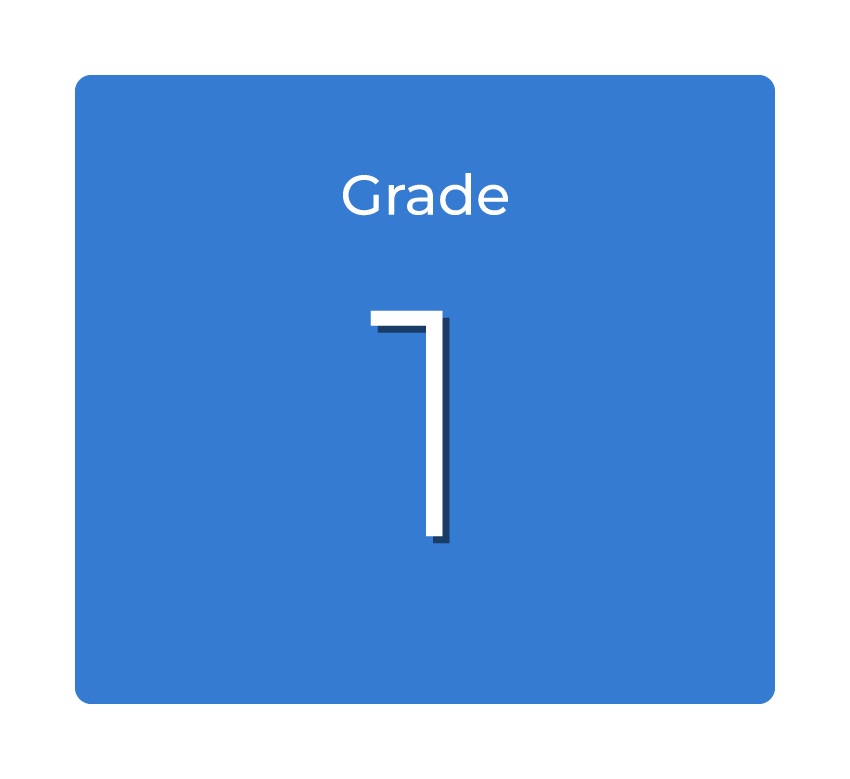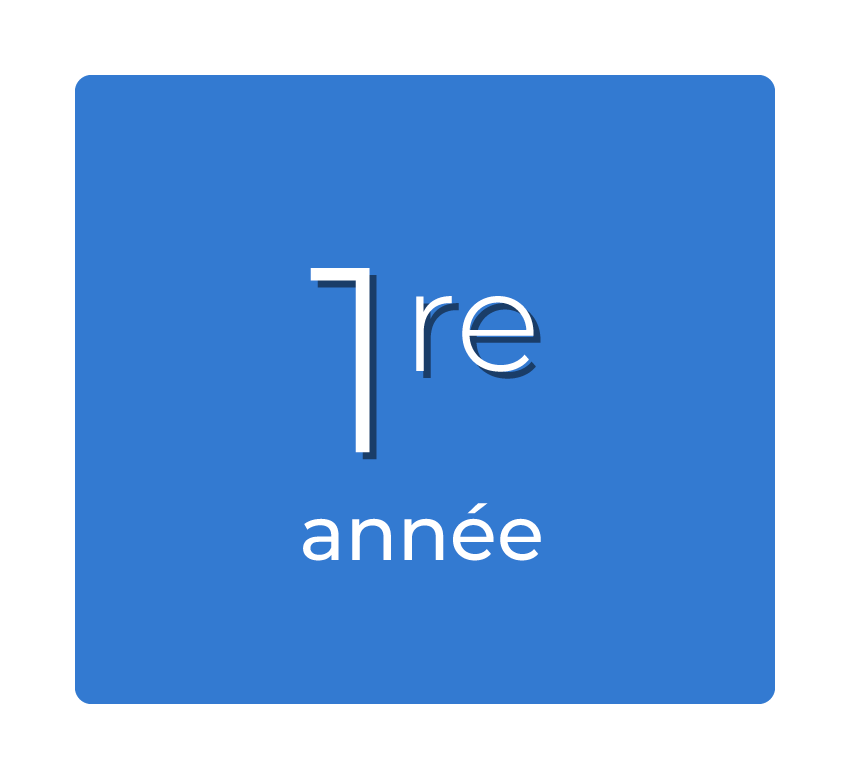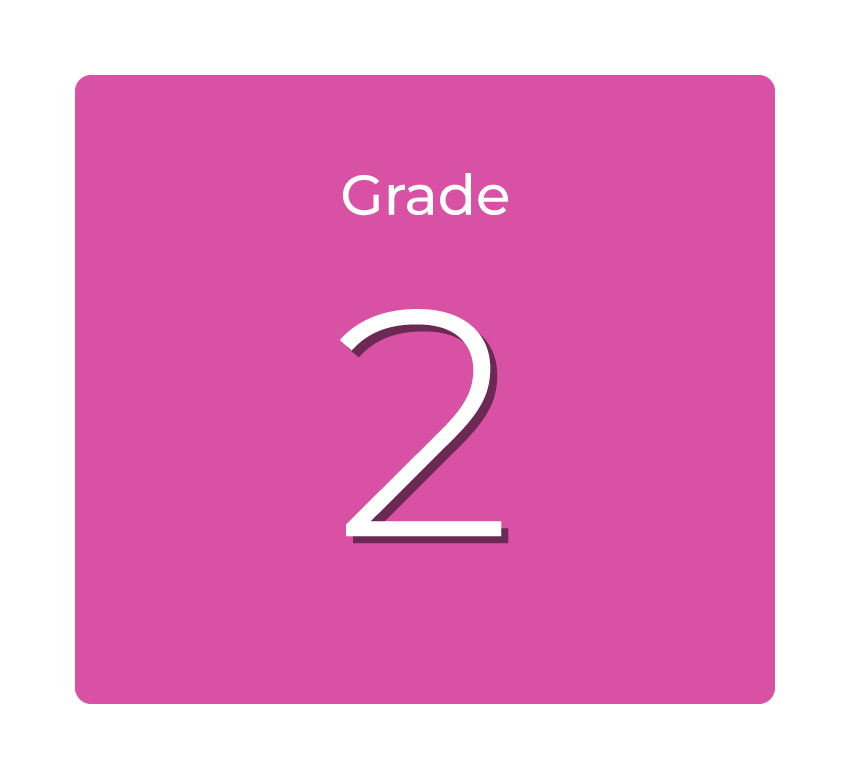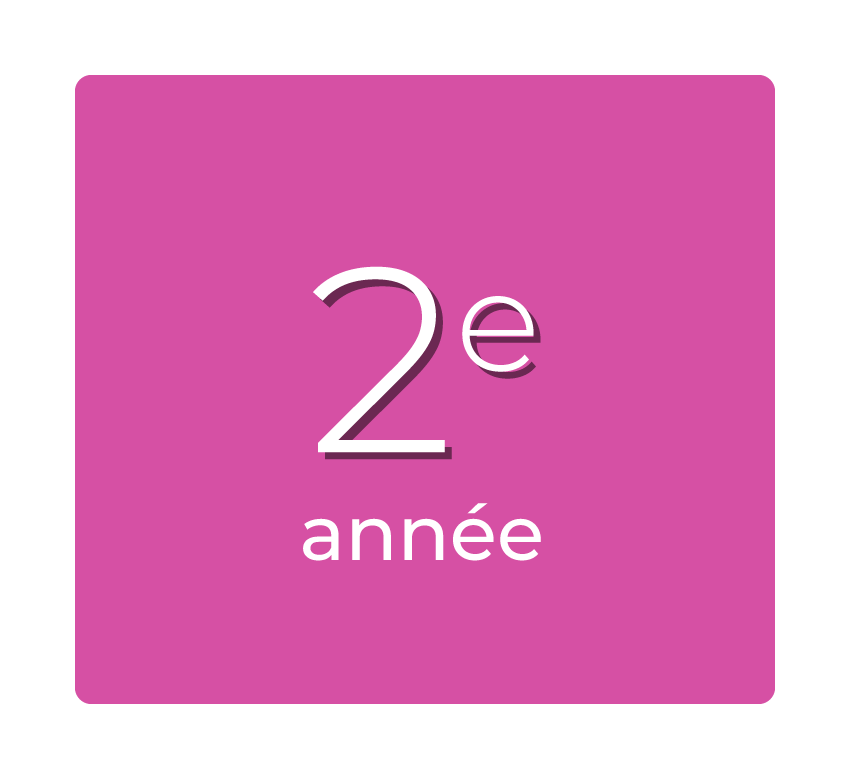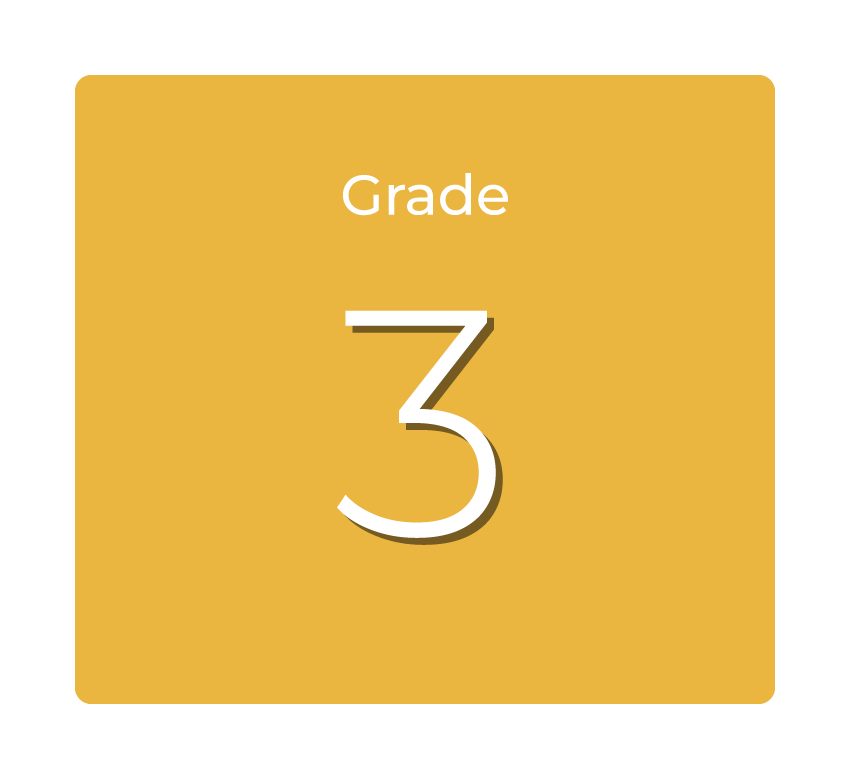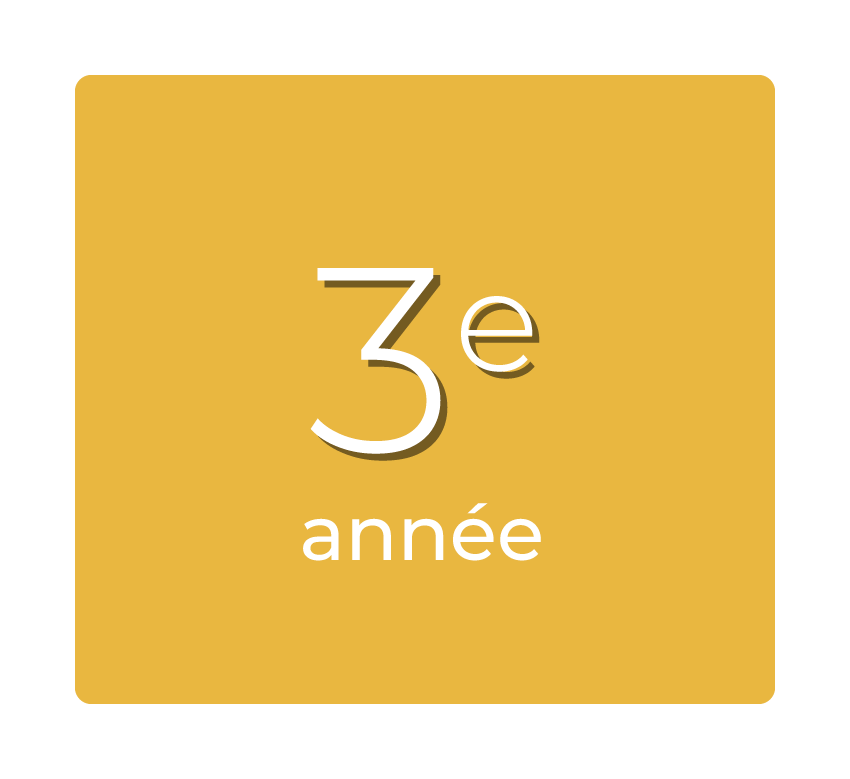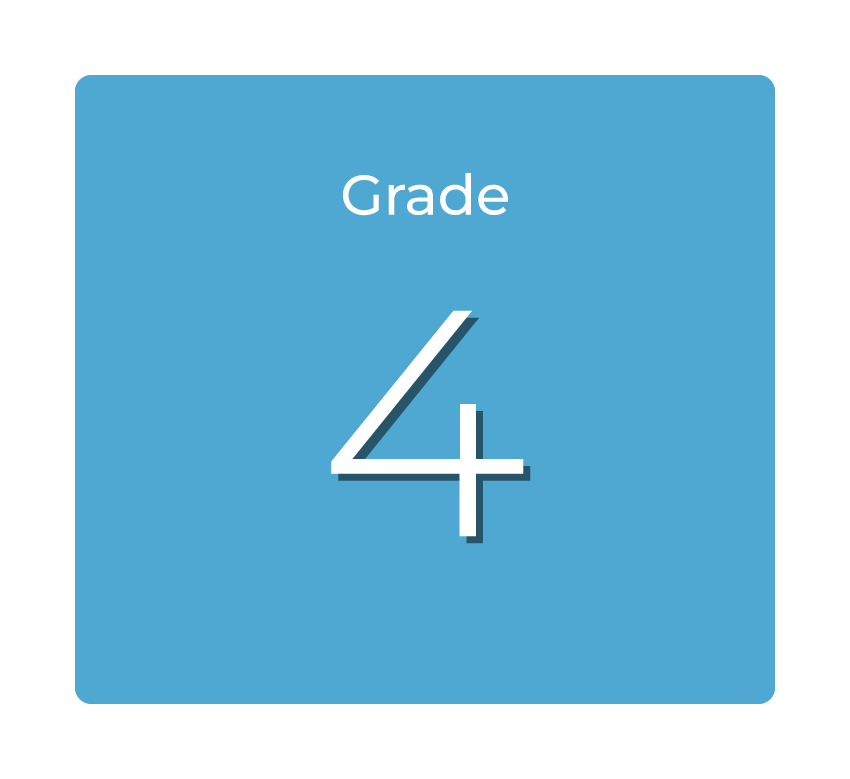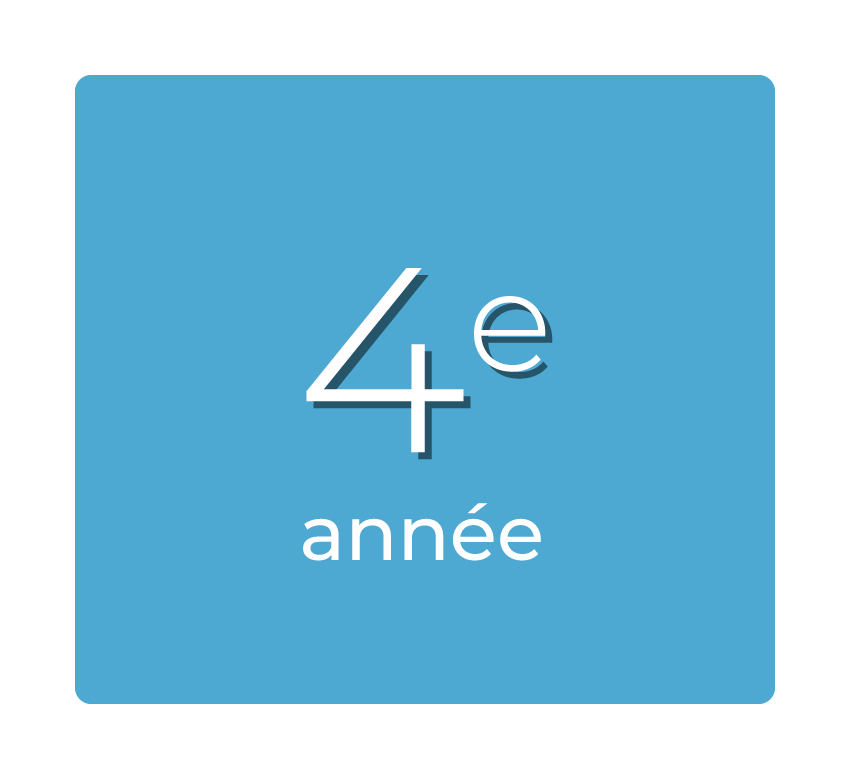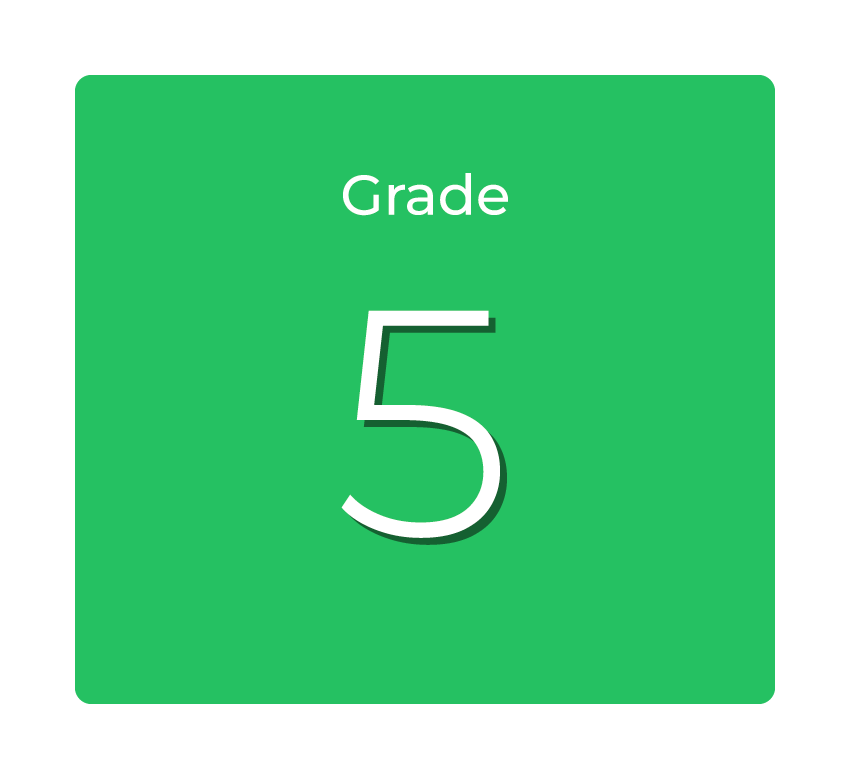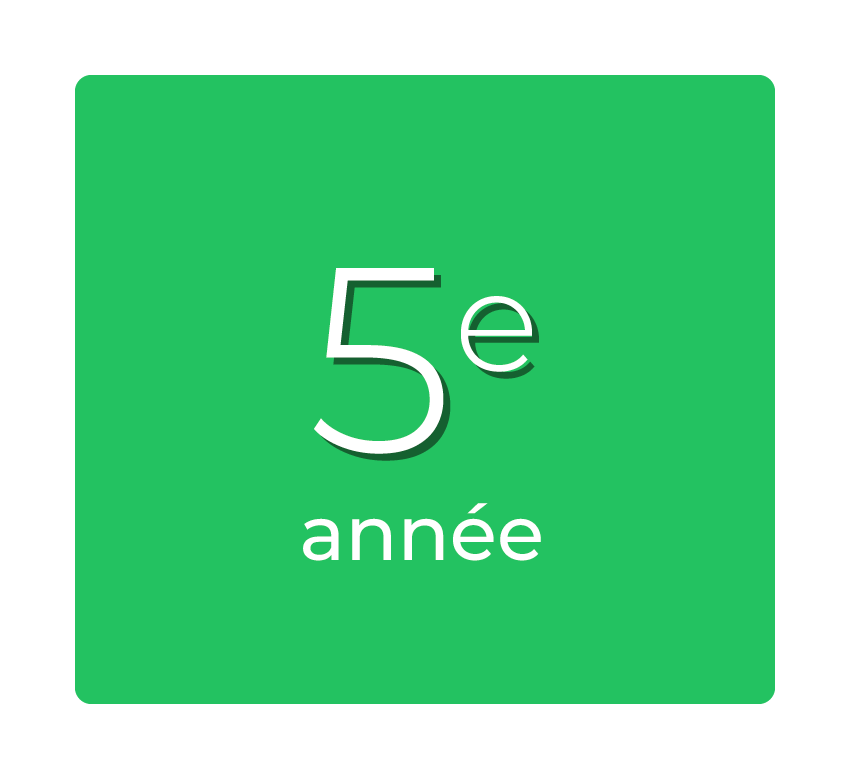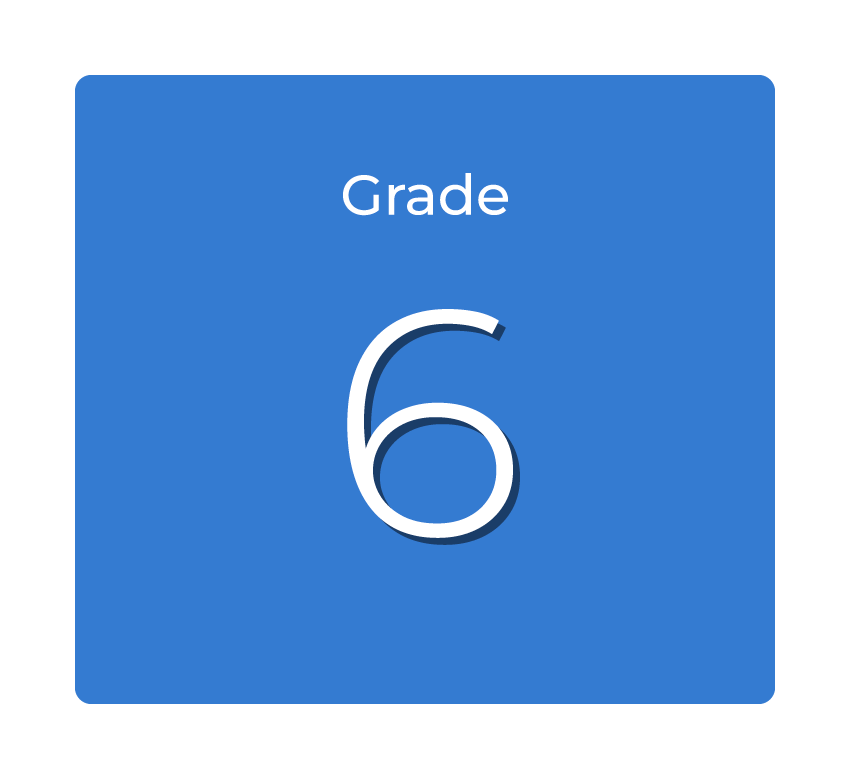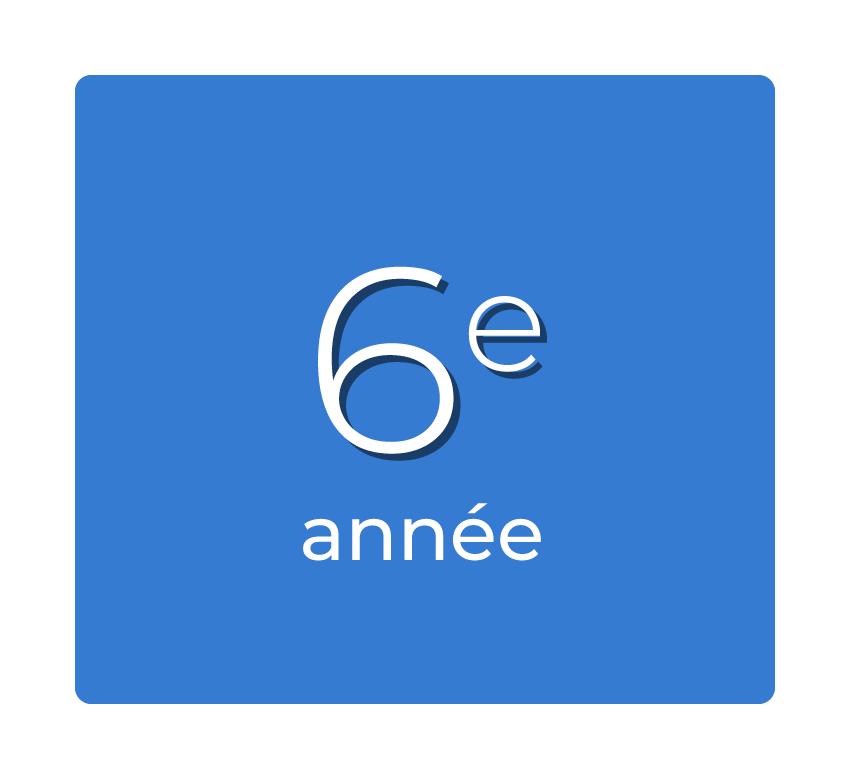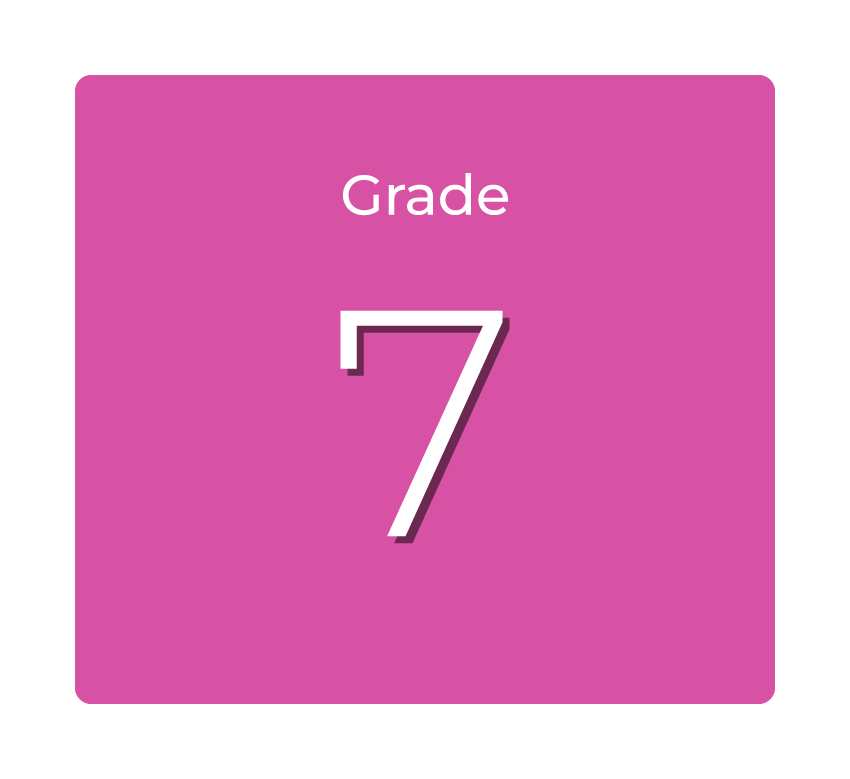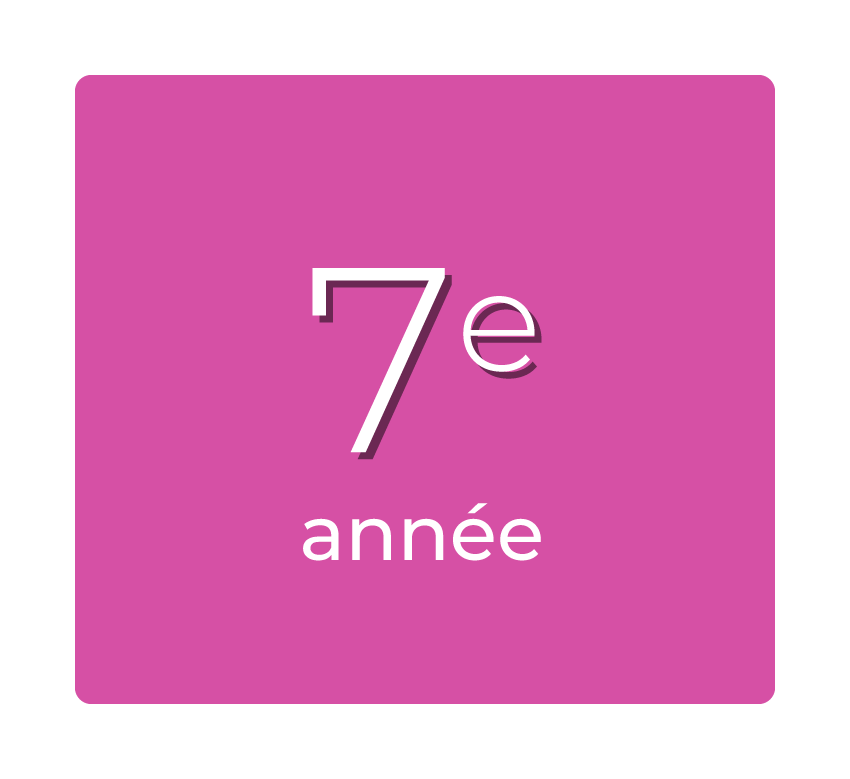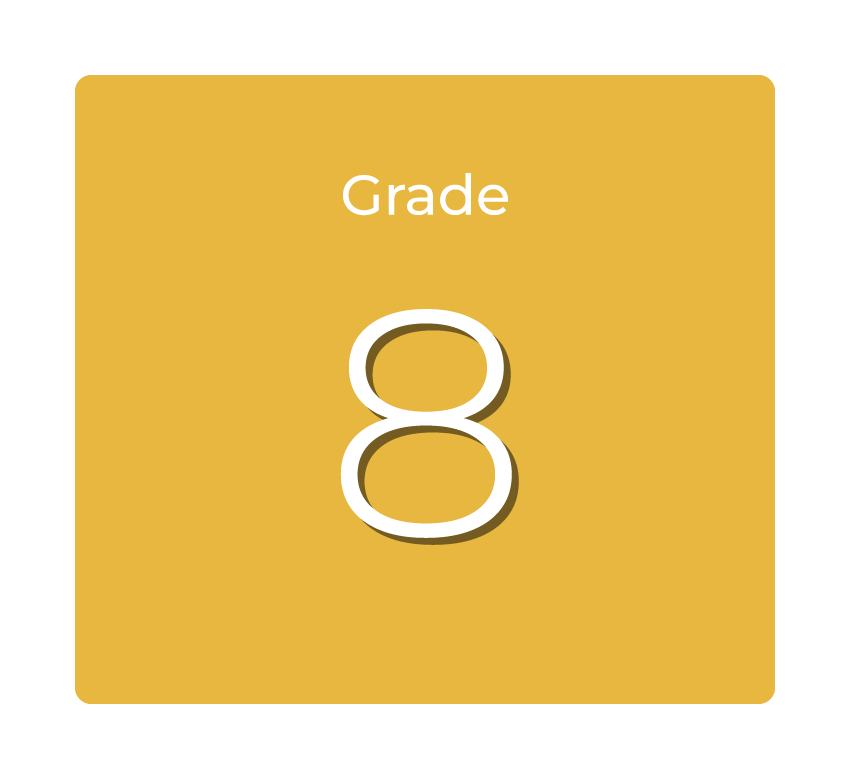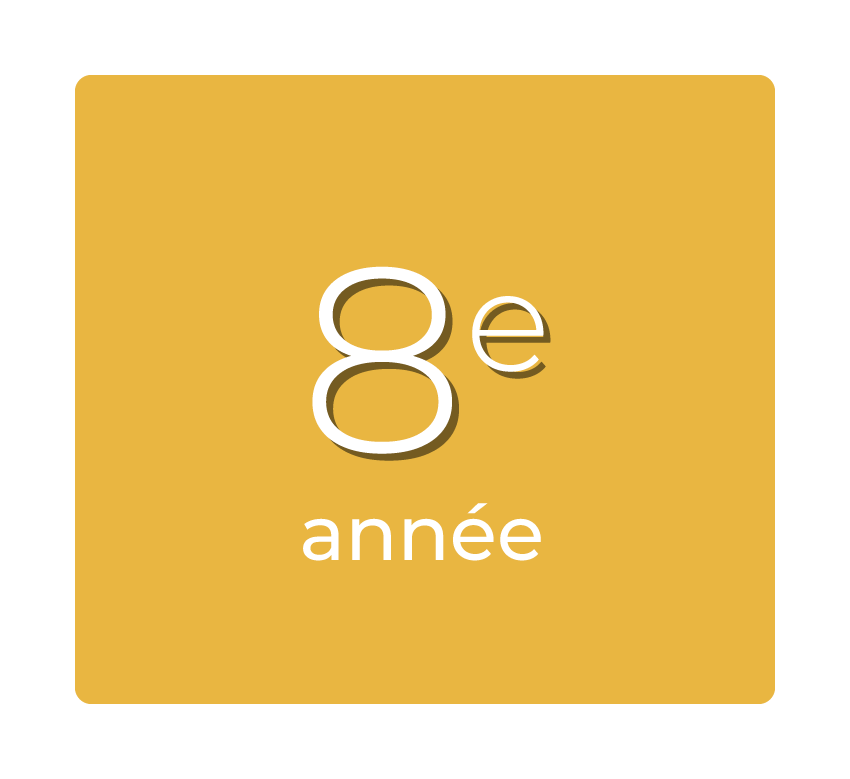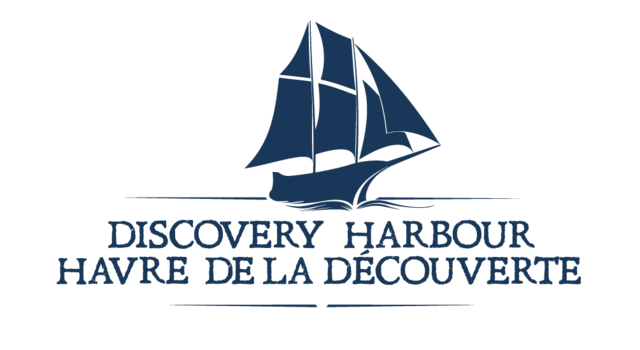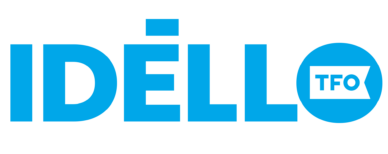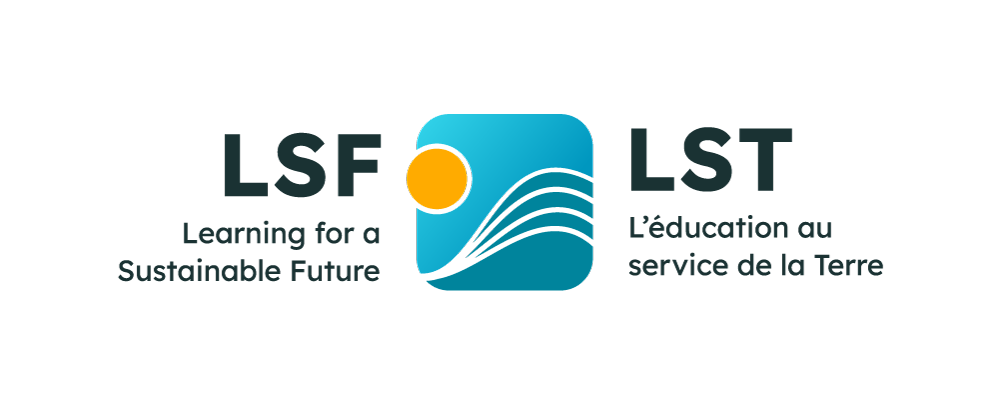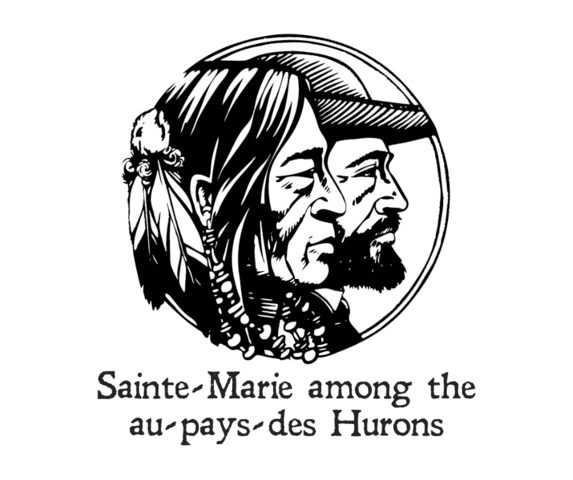Science North is developing a series of new resources in support of the implementation of the new Ontario Elementary Science and Technology Curriculum. There are two sets of resources to support teachers, our lesson and webinars series and Indigenous Ways of Knowing videos.
Our lesson and webinar series is complete, and all resources can be viewed below. Each webinar includes two distinct lesson plans and a video recording working through the lessons, all of which are available to view at your leisure.
Our Indigenous Ways of Knowing videos are still being released. They are being developed in collaboration with Indigenous communities across Northern Ontario. We would like to thank all the indigenous communities and individuals who have taken the time to help in the creation of these videos. We thank you for your time, knowledge and understanding.
Have a question about the resources? Would you like one-on-one support?
Click HERE for help.
